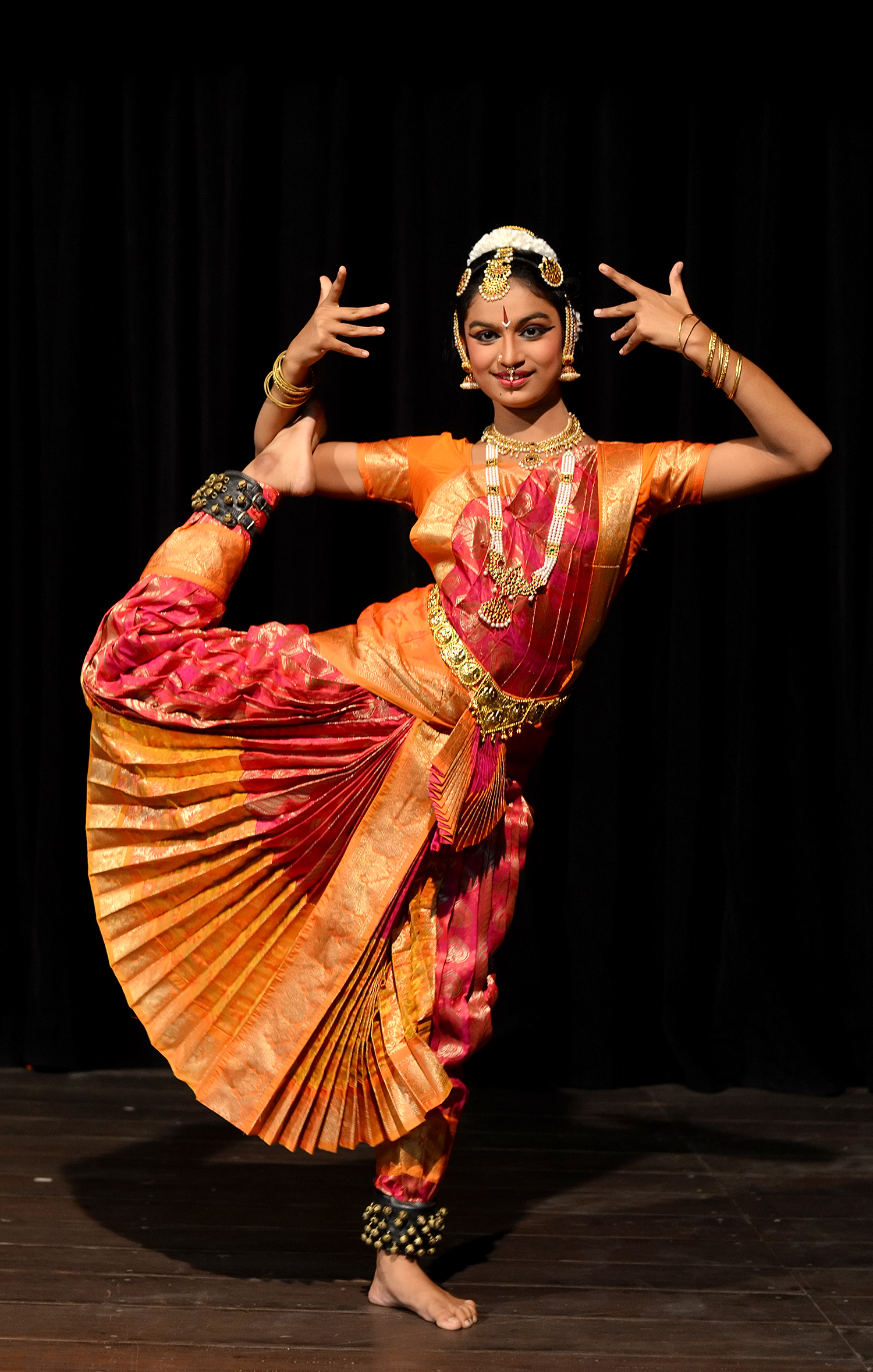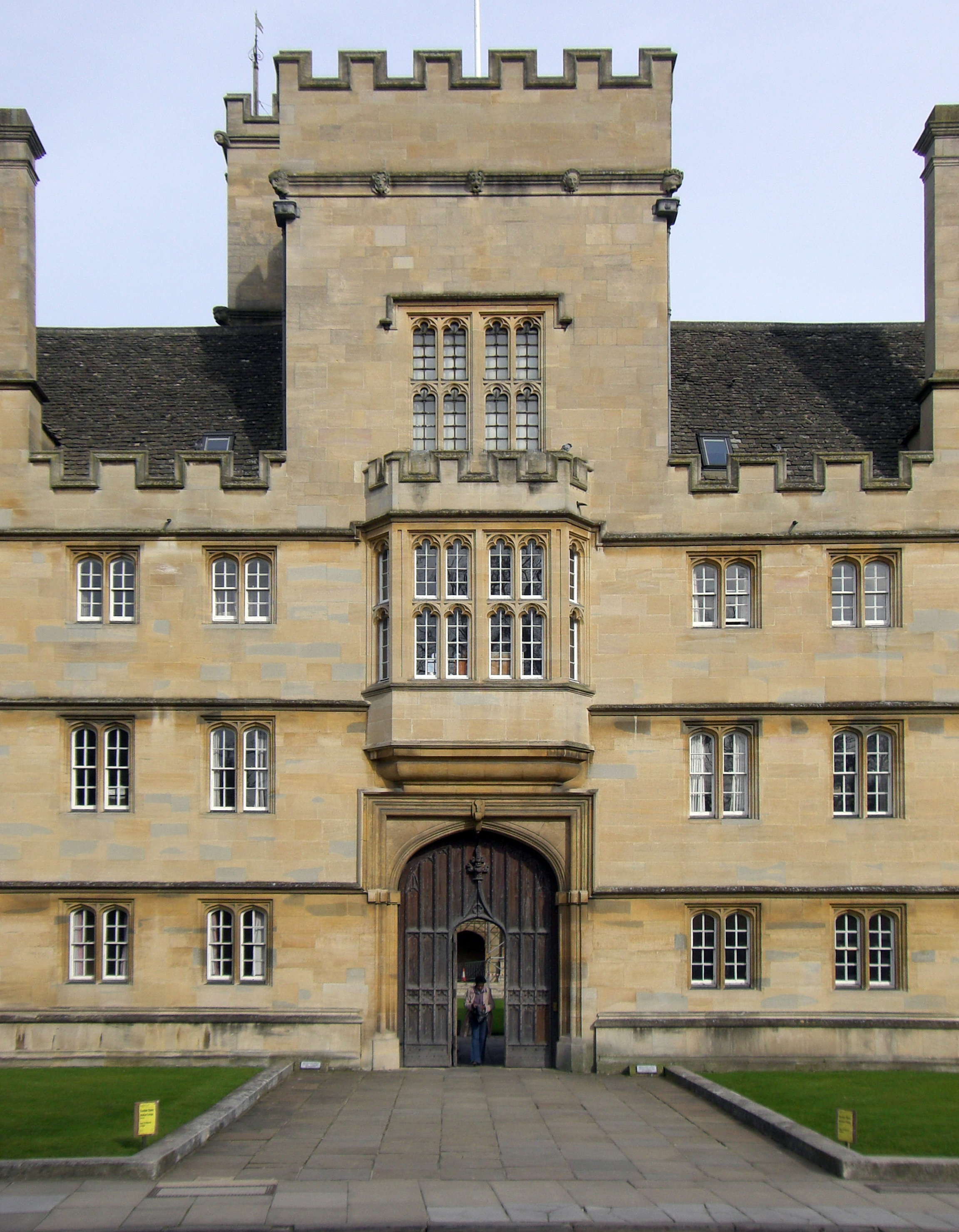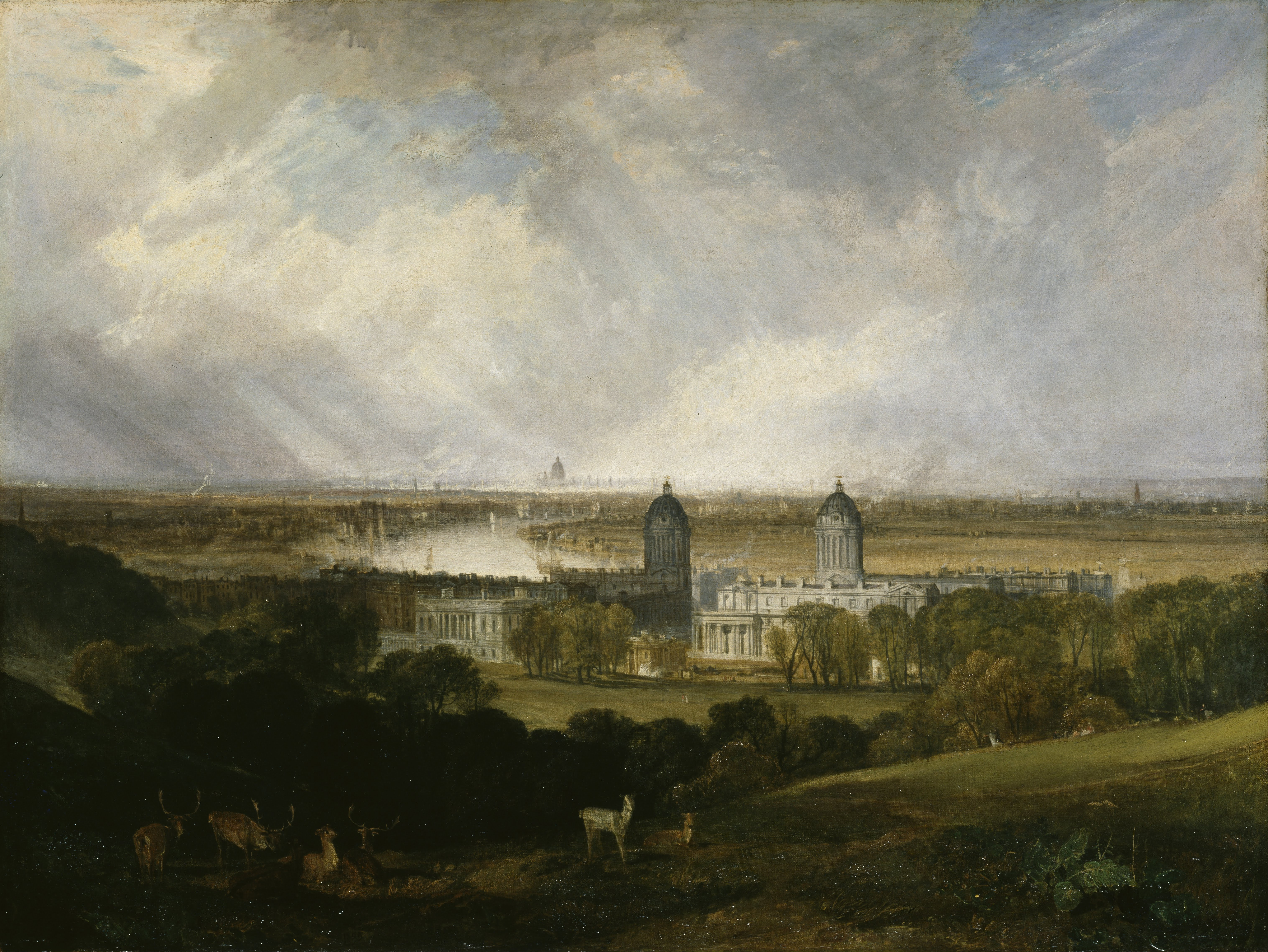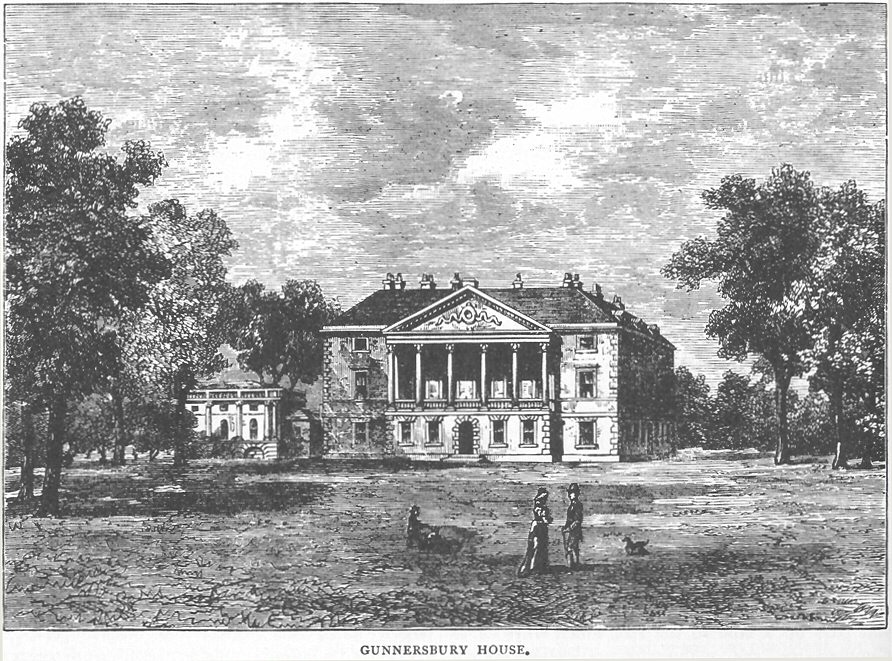|
Trinity Laban
Trinity Laban Conservatoire of Music and Dance is a music and dance conservatoire based in London, England. It was formed in 2005 as a merger of two older institutions – Trinity College of Music and Laban Dance Centre. The conservatoire has undergraduate and postgraduate students based at three campuses in Greenwich (Trinity), Deptford and New Cross (Laban). Faculty of Music History Trinity College of Music was founded in central London in 1872 by Henry George Bonavia Hunt to improve the teaching of church music. The College began as the Church Choral Society, whose diverse activities included choral singing classes and teaching instruction in church music. Gladstone was an early supporter during these years. A year later, in 1873, the college became the College of Church Music, London. In 1876 the college was incorporated as the Trinity College London. Initially, only male students could attend and they had to be members of the Church of England. In 1881, the College mov ... [...More Info...] [...Related Items...] OR: [Wikipedia] [Google] [Baidu] |
Conservatoire
A music school is an educational institution specialized in the study, training, and research of music. Such an institution can also be known as a school of music, music academy, music faculty, college of music, music department (of a larger institution), conservatory, conservatorium or conservatoire ( , ). Instruction consists of training in the performance of musical instruments, singing, musical composition, conducting, musicianship, as well as academic and research fields such as musicology, music history and music theory. Music instruction can be provided within the compulsory general education system, or within specialized children's music schools such as the Purcell School. Elementary-school children can access music instruction also in after-school institutions such as music academies or music schools. In Venezuela El Sistema of youth orchestras provides free after-school instrumental instruction through music schools called ''núcleos''. The term "music school" can al ... [...More Info...] [...Related Items...] OR: [Wikipedia] [Google] [Baidu] |
RNC Tower Greenwich
RNC may refer to: Technology and sciences * Radio Network Controller, a governing element of a mobile phone network * Ribosome-nascent chain complex, in biology * Romanian National R&D Computer Network, registry for the .ro top-level domain * file extension for Relax NG files in compact syntax *Raster Navigational Charts (NOAA), a raster file format for nautical charts Organisations *Royal Newfoundland Constabulary, a police force in Newfoundland and Labrador, Canada * Russia-NATO Council for cooperation between Russia and NATO military alliance Politics *Republican National Committee, the principal campaign and fund-raising organization affiliated with the United States Republican Party * Republican National Convention, the nominating convention for the United States Republican Party * Rwanda National Congress, a political movement created by prominent Rwandan dissidents Other *Riverside National Cemetery, a cemetery in Riverside, California for the interment of United States mi ... [...More Info...] [...Related Items...] OR: [Wikipedia] [Google] [Baidu] |
English Language Learning And Teaching
English-Language Learner (often abbreviated as ELL) is a term used in some English-speaking countries such as the US and Canada to describe a person who is learning the English language and has a native language that is not English. Some educational advocates, especially in the United States, classify these students as non-native English speakers or emergent bilinguals. Various other terms are also used to refer to students who are not proficient in English, such as English as a Second Language (ESL), English as an Additional Language (EAL), limited English proficient (LEP), Culturally and Linguistically Diverse (CLD), non-native English speaker, bilingual students, heritage language, emergent bilingual, and language-minority students. The legal term that is used in federal legislation is 'limited English proficient'. The instruction and assessment of students, their cultural background, and the attitudes of classroom teachers towards ELLs have all been found to be factors in the ... [...More Info...] [...Related Items...] OR: [Wikipedia] [Google] [Baidu] |
Performing Arts Education
Education in the performing arts is a key part of many primary and secondary education curricula and is also available as a specialisation at the tertiary level. The performing arts, which include, but are not limited to dance, music and theatre, are key elements of culture and engage participants at a number of levels. The endpoint for performing arts education varies: some educators integrate arts into school classrooms to support other curricula while simultaneously building students' art skills, and some focus on performing arts as an academic discipline in itself. Performing arts integration Performing arts integration in schools Integrating performing arts into educational experiences can help students learn other subjects, such as science, as well as help them develop various non-arts-based skills. As children grow, engaging them in performance arts can help them meet developmental milestones, including those for motor skills and psychosocial skills. For example, teac ... [...More Info...] [...Related Items...] OR: [Wikipedia] [Google] [Baidu] |
Performing Arts
The performing arts are arts such as music, dance, and drama which are performed for an audience. They are different from the visual arts, which are the use of paint, canvas or various materials to create physical or static art objects. Performing arts include a range of disciplines which are performed in front of a live audience, including theatre, music, and dance. Theatre, music, dance, object manipulation, and other kinds of performances are present in all human cultures. The history of music and dance date to pre-historic times whereas circus skills date to at least Ancient Egypt. Many performing arts are performed professionally. Performance can be in purpose-built buildings, such as theatres and opera houses, on open air stages at festivals, on stages in tents such as circuses or on the street. Live performances before an audience are a form of entertainment. The development of audio and video recording has allowed for private consumption of the performing arts. Th ... [...More Info...] [...Related Items...] OR: [Wikipedia] [Google] [Baidu] |
Trinity College London
Trinity College London (TCL) is an examination board based in London, United Kingdom, which offers graded and diploma qualifications (up to postgraduate level) across a range of disciplines in the performing arts and English language learning and teaching in over 70 countries worldwide. Trinity College London was founded as the external examinations board of Trinity College of Music (which today is part of the Trinity Laban Conservatoire of Music and Dance) in 1872, and began offering exams in music to external students in 1877. Over time, Trinity expanded to offer exams in other areas of the performing arts and in English for Speakers of Other Languages (ESOL). With over 850,000 candidates in more than 60 countries worldwide, Trinity qualifications are specifically designed to help learners realise their potential. History Performing arts examinations In 2004, Trinity College London's performing arts examinations division merged with the external examinations department o ... [...More Info...] [...Related Items...] OR: [Wikipedia] [Google] [Baidu] |
Christopher Wren
Sir Christopher Wren PRS FRS (; – ) was one of the most highly acclaimed English architects in history, as well as an anatomist, astronomer, geometer, and mathematician-physicist. He was accorded responsibility for rebuilding 52 churches in the City of London after the Great Fire in 1666, including what is regarded as his masterpiece, St Paul's Cathedral, on Ludgate Hill, completed in 1710. The principal creative responsibility for a number of the churches is now more commonly attributed to others in his office, especially Nicholas Hawksmoor. Other notable buildings by Wren include the Royal Hospital Chelsea, the Old Royal Naval College, Greenwich, and the south front of Hampton Court Palace. Educated in Latin and Aristotelian physics at the University of Oxford, Wren was a founder of the Royal Society and served as its president from 1680 to 1682. His scientific work was highly regarded by Isaac Newton and Blaise Pascal. Life and works Wren was born in East ... [...More Info...] [...Related Items...] OR: [Wikipedia] [Google] [Baidu] |
Greenwich Hospital (London)
Greenwich Hospital was a permanent home for retired sailors of the Royal Navy, which operated from 1692 to 1869. Its buildings, in Greenwich, London, were later used by the Royal Naval College, Greenwich and the University of Greenwich, and are now known as the Old Royal Naval College. The word "hospital" was used in its original sense of a place providing hospitality for those in need of it, and did not refer to medical care, although the buildings included an infirmary which, after Greenwich Hospital closed, operated as Dreadnought Seaman's Hospital until 1986. The foundation which operated the hospital still exists, for the benefit of former Royal Navy personnel and their dependants. It now provides sheltered housing on other sites. History The hospital was created as the Royal Hospital for Seamen at Greenwich on the instructions of Queen Mary II, who had been inspired by the sight of wounded sailors returning from the Battle of La Hogue in 1692. She ordered the King Ch ... [...More Info...] [...Related Items...] OR: [Wikipedia] [Google] [Baidu] |
Greenwich Palace
Greenwich ( , ,) is a town in south-east London, England, within the ceremonial county of Greater London. It is situated east-southeast of Charing Cross. Greenwich is notable for its maritime history and for giving its name to the Greenwich Meridian (0° longitude) and Greenwich Mean Time. The town became the site of a royal palace, the Palace of Placentia from the 15th century, and was the birthplace of many Tudors, including Henry VIII and Elizabeth I. The palace fell into disrepair during the English Civil War and was demolished to be replaced by the Royal Naval Hospital for Sailors, designed by Sir Christopher Wren and his assistant Nicholas Hawksmoor. These buildings became the Royal Naval College in 1873, and they remained a military education establishment until 1998 when they passed into the hands of the Greenwich Foundation. The historic rooms within these buildings remain open to the public; other buildings are used by University of Greenwich and Trinity Laban Con ... [...More Info...] [...Related Items...] OR: [Wikipedia] [Google] [Baidu] |
John Webb (architect)
John Webb (1611 – 24 October 1672) was an English architect and scholar, who collaborated on some works with Inigo Jones. Life He was born in Little Britain, Smithfield, London, and died in Butleigh in Somerset. He had a close association with fellow architect and theatre designer Inigo Jones, for whom he worked as an assistant from 1628.Giles Worsley, ''Inigo Jones and the European Classical Tradition'' (Yale, 2007), p. 177. In the 1640s and 1650s, Jones and Webb jointly designed Wilton House (near Salisbury, Wiltshire) with its distinctive Single and Double Cube rooms. Webb's earliest known drawings were made for the Barber Surgeons' Hall in London in 1636–7, and in 1638 he designed a lodge for John Penruddock at Hale in Hampshire and stables for a Mr Featherstone, but it is unclear if these were built. At the beginning of the Civil War, Jones left London to attend the King at Oxford. He was later in Basing House and captured at the end of the siege. Webb st ... [...More Info...] [...Related Items...] OR: [Wikipedia] [Google] [Baidu] |
School Of Economic Science
The School of Philosophy and Economic Science (SPES), also operating under the names the School of Philosophy and the School of Practical Philosophy and legally named the School of Economic Science (SES), is a worldwide organisation based in London. It offers non-academic courses for adults, ranging from an introductory series called Practical Philosophy to more advanced classes. Its teachings are principally influenced by Advaita Vedanta, an orthodox philosophical system of Hinduism. It has a guru, Sri Vasudevananda Saraswati,Encyclopedia of New Religious Movements, edited by Peter Clarke, p.562 who used the title Shankaracharya until 2017. The organisation has been the subject of controversy, especially in connection with historical child abuse and the mistreatment of women; it has also been described as a cult, sect or new religious movement. The organization advertises introductory courses entitled "Practical Philosophy", "Economics with Justice" and other courses includi ... [...More Info...] [...Related Items...] OR: [Wikipedia] [Google] [Baidu] |







